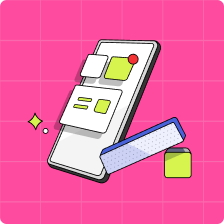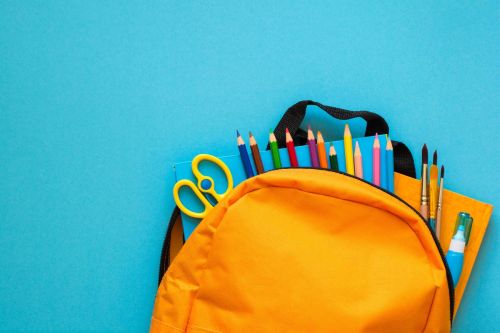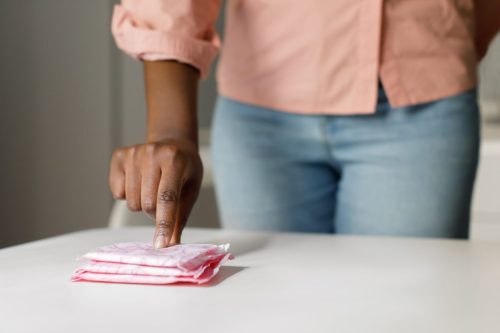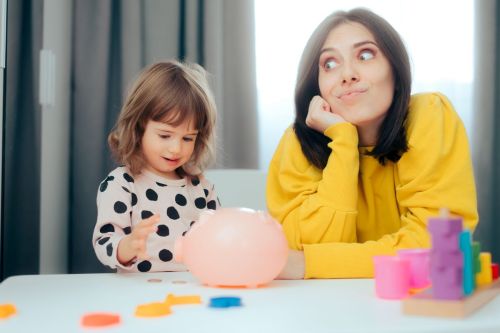According to financial experts, the best financial literacy lessons start early in life.
Here’s how to teach your kids how to be smart with money at an early age so they grow into financially savvy adults.
Start teaching money skills to kids early
Even before our kids are born, parents are encouraged to read to them. As they grow, we point out letters and sing the ABC song. In the same way parents teach their kids the fundamentals of reading and writing, they can also teach another kind of literacy: financial.
Financial literacy—having the skills and knowledge to make informed decisions about managing money—is also a crucial life skill. People who can budget, save for retirement, understand credit and debt, and avoid impulse purchases will make better financial decisions than those who haven’t been taught how to handle money.
And those financial lessons can start earlier than you think.
At what age should you start teaching kids about money?
A recent study by the University of Cambridge showed that kids form money habits as early as the age of seven. But that doesn’t mean that parents should wait until second grade to teach money skills to kids. Preschoolers as young as two are watching parents and other adults and absorbing important lessons well before then.
What financial lessons should parents teach at each age?
Here’s an age-by-age guide on how to teach your kids to be smart with money at an early age so they grow into financially savvy adults.
Ages 2 to 4
Learning the names and value of coins
Two- and three-year-olds can begin to learn the names of coins, and to understand that they can be exchanged for things like toys or items in a pretend “store.” You can use real or pretend coins and paper money to set up an imaginary shop or restaurant. That way, kids can get used to the idea, through play, that they have to pay for the things they’d like. You can reinforce the same lessons at the real-life grocery store by pointing out to your toddler when you hand over cash or use a debit or credit card: “Now I’m giving the store money for the food we bought.”
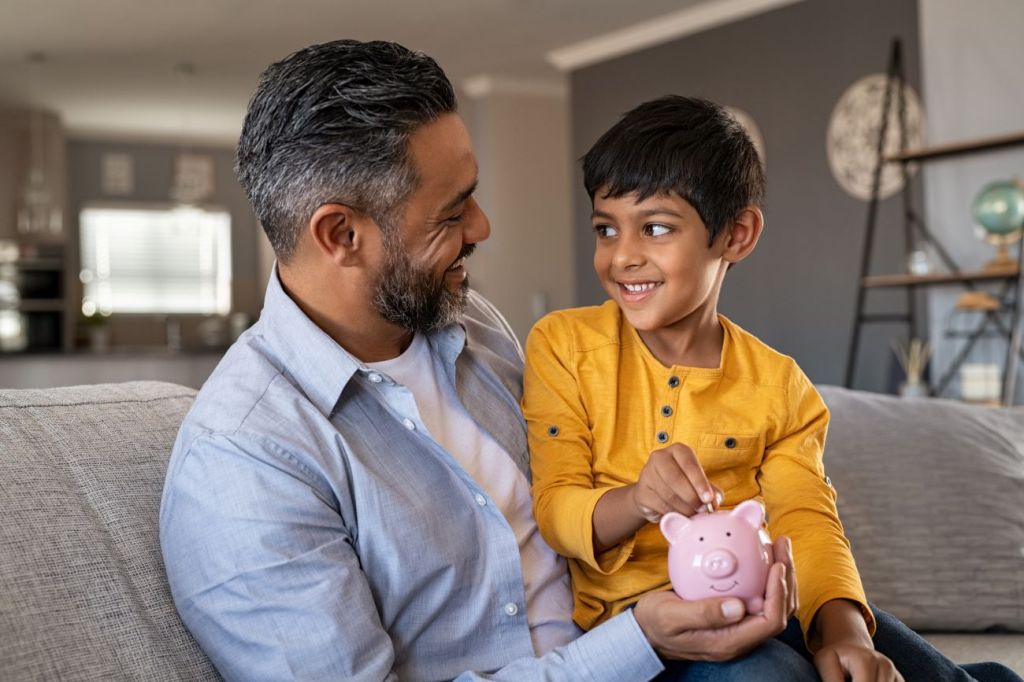
Saving with a piggy bank
To get young kids hooked on saving, start with giving them coins to put into a clear piggy bank or jar so they can see their pile of money grow. As kids get a bit older, you can introduce the concept of an allowance, which could be tied to tasks like putting cutlery on the dinner table or dirty clothes in the laundry hamper. Let them practice counting their coins, and explain to them that they can buy a toy or a treat when they have a certain number of coins. This gets kids used to deferring gratification and saving for a goal, both of which are important money management skills.
Read more about how to introduce money and coins to kids.
Ages 5 to 18

Household chores and allowances
By age 5 or 6, kids are capable of more household chores, and can use an allowance to practice higher-level money management skills, like designating a portion of money for saving, another for spending, and another for giving.
Graduating from piggy bank to savings account
If you haven’t already, now’s a great time to set up a savings account for kids and introduce topics like online banking, using a debit card, as well as compound interest (“They’ll pay me money to put my money in the bank? And then they’ll pay me money for that money?”). Opening a savings account is a move that could pay big dividends. One study out of Washington University in St. Louis shows a link between kids having a savings account and post-secondary achievement. Kids in the study with savings accounts were six times more likely to attend college.
No matter how old your kids are, a huge part of teaching kids about finance is simply having frequent, open, and honest conversations about money. In a 2015 global survey of financial literacy among 15-year-olds, Canadian youth ranked second in the world for financial literacy (tied with Belgium). But the teens who talked about money with their parents tended to score higher, and those who talked about money matters at home once or twice a week scored highest of all.

Financial literacy in the classroom
Fortunately, parents across Canada have an ally when it comes to teaching kids financial literacy: schools.
All Canadian provinces now mandate financial literacy education. Ontario, for example, recently overhauled its financial literacy curriculum. Kids in younger grades will learn about currency and ways to represent different amounts of money. Older students will learn about interest rates, taxes, and balancing budgets.
As kids get older, what they learn in school can be expanded on at home. Talk to your teens about stocks, mutual funds. Explain what a Registered Retirement Savings Plan (RRSP) is, as well as a Tax-Free Savings Account (TFSA). Encourage your kids to get some experience investing using a free “practice account,” offered by financial institutions.
Whether it’s an eight-year-old calculating how much they’ll need to save to buy a Nintendo Switch or a 17-year-old figuring out their first pay stub, kids learn financial skills most effectively by handling their own money. In the same global survey cited above, youth with hands-on money experience had the strongest financial literacy skills, as did Canadian students who had occasional jobs and who regularly saved money.
If you’re worried about starting the money talk “too early,” rest easy. And if you haven’t started yet, there’s no time like the present. Whether they’re three or 13, begin to talk, play, learn, practice, and explore money management with your kids today.
Tip: Kids and teens can use our free savings goal calculator to budget for the things on their wish list and see how many weeks it’ll take to reach their goal!
Money management and financial independence for your children
It’s important for kids to start making purchase decisions for themselves. They gain a better understanding of the true value of money and learn to take responsibility for their own.
Learn more about Mydoh and how it can help your kids learn responsibility and build good money habits early in life.
Download Mydoh today to learn more.
This article offers general information only and is not intended as legal, financial or other professional advice. A professional advisor should be consulted regarding your specific situation. While the information presented is believed to be factual and current, its accuracy is not guaranteed and it should not be regarded as a complete analysis of the subjects discussed. All expressions of opinion reflect the judgment of the author(s) as of the date of publication and are subject to change. No endorsement of any third parties or their advice, opinions, information, products or services is expressly given or implied by Royal Bank of Canada or its affiliates.
